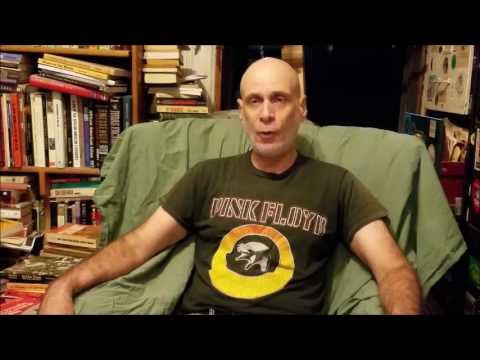Iraq: disaster feared as Mosul campaign launched
UN humanitarian agencies in Iraq are bracing for a displacement catastrophe of massive proportions as the US-led offensive to retake Mosul from ISIS is launched.
UN humanitarian agencies in Iraq are bracing for a displacement catastrophe of massive proportions as the US-led offensive to retake Mosul from ISIS is launched.
The Pentagon will send 600 additional troops to Iraq to help in the offensive to retake Mosul from ISIS—but it is unclear if they will be backing Shi'ite, Sunni or Kurdish forces.
Amnesty International is demanding that Iraq's Kurdish authorities immediately release a Yazidi woman who has been held for nearly two years after surviving ISIS captivity.

Bill Weinberg rants against the conspiranoid notion that the US intentionally created ISIS, dismissed as a "fairy tale" by progressive supporters of the Syrian Revolution.
Iraqi authorities carried out the hanging of 36 accused ISIS militants convicted in the 2014 Camp Speicher massacre—but rights groups said the trials failed to meet judicial standards.
UN Secretary-General Ban Ki-moon said that ongoing human rights violations against the Yazidi minority in Iraq at the hands of ISIS may amount to genocide.
Human Rights Watch urged Iraqi military commanders to prevent abusive sectarian militias from participating in the campaign to retake the city of Mosul from ISIS.
The US will send an additional 560 troops to Iraq to help secure a newly retaken air-base as a staging hub for the long-awaited offensive to retake Mosul from ISIS.
The findings of the seven-year inquiry into Britain's role in the 2003 Iraq invasion were delivered in the form of a scathing verdict against former prime minister Tony Blair.
Human Rights Watch called on the Iraqi and Kurdish Regional Government authorities to prosecute ISIS fighters for war crimes against the Yazidi minority.
Shi'ite militiamen who fought alongside the Iraqi army in the battle for Fallujah are believed to have seized some 900 civilian men and boys and killed nearly 50.
The International Criminal Court will not prosecute Tony Blair for war crimes related to the 2003 Iraq invasion, finding the question "outside the Court's jurisdiction."